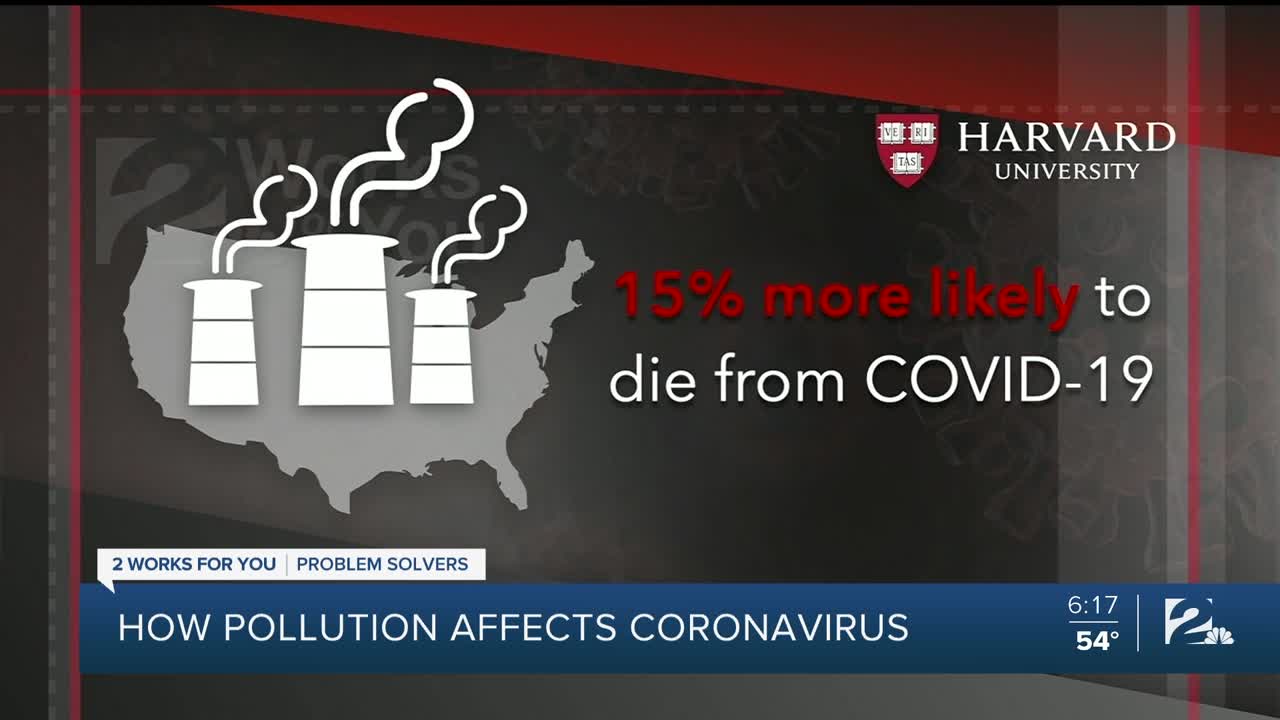As the Oklahoma economy slowly starts to reopen and people will be moving around more, some of our viewers are concerned about how the coronavirus is spread, specifically how it is affecting the air we breathe.
One viewer told the problem solvers, “People with allergies often have an issue breathing wood smoke from neighbors' fire pits or campfires. Has the city made any orders regarding a ban on outdoor burning to prevent more risks to the community at this time? We know the virus thrives in pollution and pollution makes everyone more vulnerable to COVID-19.”
Tulsa Health Department officials say they are not aware of any current burn bans. A spokesperson said, “The Oklahoma Department of Agriculture, Food and Forestry (ODAFF) issues burn bans for general reasons such as fire threats. OK Dept. of Env. Quality (ODEQ) would issue for ozone. Tulsa County Commissioners may also issue the bans for fire threats.”
So, there is no burn ban correlated with coronavirus.
However, when it comes to pollution, a recent study from Harvard found that those who live in parts of the U.S. with high levels of air pollution are 15 percent more likely to die from COVID-19 than someone who lives in a region will low levels of pollution.
The study looked at more than 3,000 counties across the country, comparing levels of fine particulate air pollution with coronavirus death counts for each area, taking into account other factors as well.
Other studies have shown that air pollution also may weaken immune systems.
If there is a coronavirus question you would like our problem solvers to look into, call our coronavirus hotline at 918-748-1502 and leave a message.
Stay in touch with us anytime, anywhere.
Download our free app for Apple and Android and Kindle devices.
Sign up for newsletters emailed to your inbox. Select from these options: Breaking News, Severe Weather, School Closings, Daily Headlines and Daily Forecasts.



